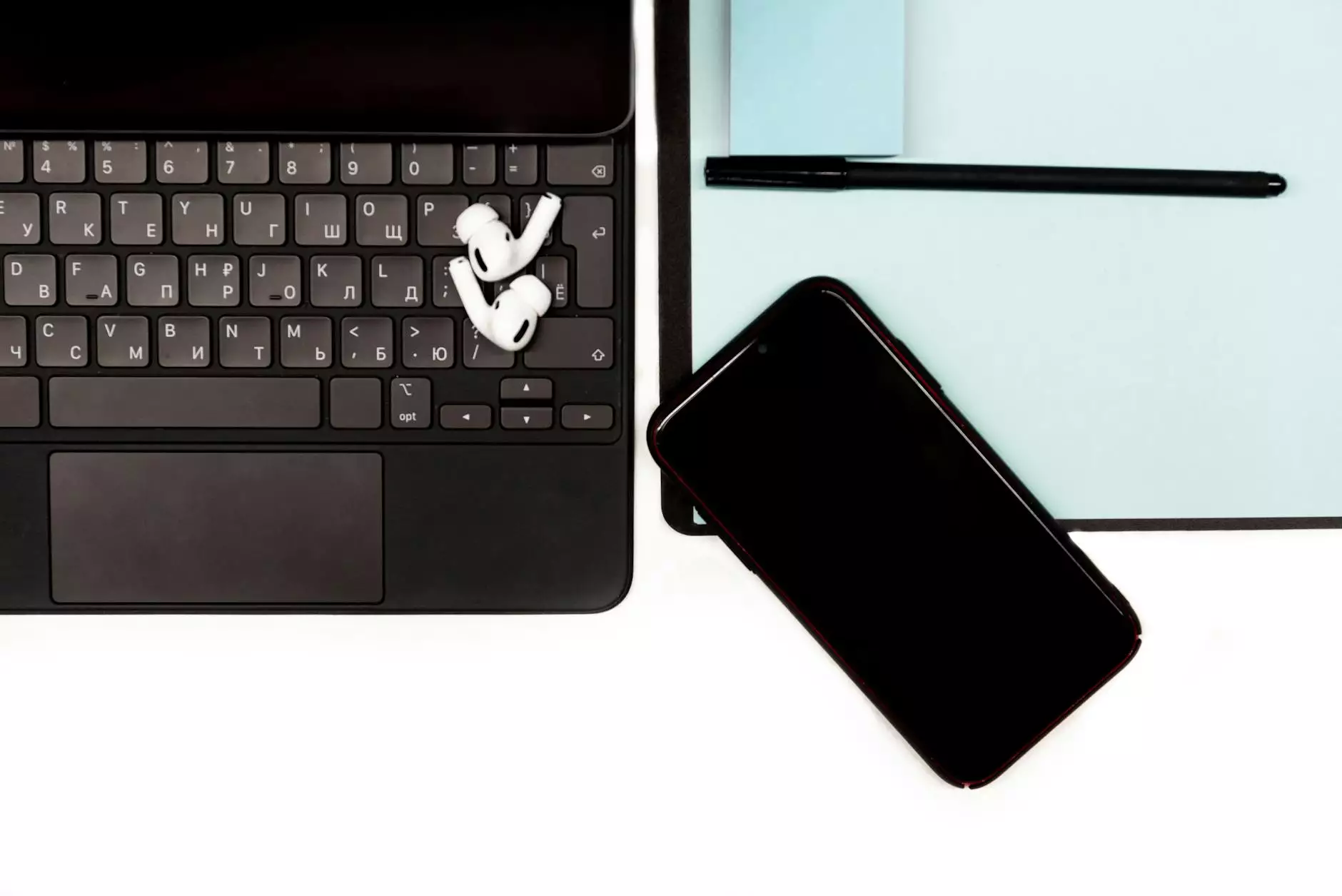Understanding **Makro B2B**: A Pathway to Business Efficiency

In today’s fast-paced business environment, efficiency and cost-effectiveness have become the cornerstone of successful operations. When it comes to bulk purchasing, the term Makro B2B stands out as a vital player in the realm of business-to-business transactions. Not only does this concept represent an innovative approach to buying in bulk, but it also embodies the larger strategies that companies adopt to thrive in competitive markets.
The Essence of “Makro B2B”
The term “Makro” relates primarily to large-scale operations or entities that deal with extensive transactions. It provides businesses with the opportunity to streamline their purchasing processes by acquiring products in bulk, significantly reducing per-unit costs. This is especially important in sectors such as Department Stores, Shopping, and Electronics, where inventory costs can drastically affect overall profitability.
What is Bulk Purchasing?
Bulk purchasing can be defined as the procurement of goods in large quantities, which allows businesses to enjoy hefty discounts. With Makro B2B, the benefits of bulk purchasing extend beyond merely saving money; they encompass:
- Reduced Operational Costs: Buying in bulk minimizes logistics costs.
- Consistent Supply Chain: It ensures a steady supply of necessary products.
- Improved Negotiation Power: Larger volume purchases often lead to better terms and conditions from suppliers.
Key Benefits of Makro B2B
Utilizing a Makro B2B approach provides numerous advantages, particularly for businesses involved in retail and wholesale. Here are a few of the most pivotal benefits:
1. Cost Efficiency
While traditional purchasing methods often involve higher costs per item, Makro B2B allows businesses to obtain goods at lower rates. This is particularly crucial in sectors like Electronics where prices fluctuate frequently due to market demand. Furthermore, low prices equate to higher profit margins for retailers and businesses alike.
2. Inventory Management Synergy
A critical aspect of any successful business is effective inventory management. By leveraging Makro B2B, companies can stockpile essential items, allowing them to maintain stable inventory levels. This reduces the likelihood of stockouts and backorders, which can negatively impact customer satisfaction.
3. Streamlined Procurement Processes
One of the most significant benefits of Makro B2B is the simplification of procurement processes. Businesses can establish long-term relationships with suppliers, creating a predictable and reliable purchasing framework. This allows businesses to focus on their core competencies while improving overall operational efficiency.
4. Enhanced Business Relationships
By engaging in business-to-business transactions such as with Makro B2B, companies can foster better relationships with suppliers and other businesses. This collaboration enables mutual growth, sharing of insights, and an overall supportive network that can lead to innovative solutions and projects.
Exploring Departments: Focus on Electronics, Shopping, and More
Purchasing through Makro B2B isn’t limited to just one sector. It spans various categories, such as:
Electronics
The electronics market is dynamic and continuously evolving. With Makro B2B, businesses can tap into extensive product lines from leading manufacturers at competitive prices. This is particularly beneficial for resellers who seek new gadgets and devices as part of their inventory. Products often include:
- Computers and accessories
- Smart devices
- Home appliances
By securing these items at bulk prices, retailers can cater to current market trends while enhancing their offerings.
Department Stores
Department stores leverage Makro B2B to manage a diverse range of products. By purchasing seasonal items or trending products in bulk, they ensure that they meet customer demand without straining their finances. Typical products include:
- Clothing and apparel
- Household items
- Cosmetics and toiletries
This ability to maintain a wide selection while controlling costs is a game changer for departmental stores.
Shopping
The shopping category benefits immensely due to the ease of sourcing a variety of products. Whether it's food items, household goods, or office supplies, Makro B2B simplifies the purchasing process, offering businesses the flexibility to cater to their clients’ diverse needs.
How to Get Started with Makro B2B
For businesses looking to engage with Makro B2B, taking the first steps can be straightforward:
- Identify Needs: Assess your purchasing requirements and the products you seek to source in bulk.
- Research Suppliers: Explore available suppliers and their offerings, ensuring they align with your business goals.
- Establish Contact: Initiate communication to discuss terms of engagement and pricing structures.
- Evaluate Terms: Review the purchase agreement, delivery timeframes, and payment options.
- Place Your Order: Once all conditions are met, proceed to place your order and cultivate your new supplier relationship.
Challenges and Considerations of Makro B2B
While the benefits of Makro B2B are extensive, businesses should also consider potential challenges:
1. Over-Stocking Risks
Engaging in bulk purchasing can sometimes lead to overstock situations, where businesses accumulate more inventory than they can sell. This requires careful forecasting and demand analysis to mitigate such risks.
2. Supplier Reliability
Not all suppliers offer the same level of reliability. Conducting thorough due diligence on suppliers before entering into agreements is essential to ensure you receive quality products consistently.
3. Initial Investment Costs
Although purchasing in bulk can save money over time, the initial costs can be significant. Businesses must be prepared to allocate capital for large orders.
Proven Strategies for Success with Makro B2B
To maximize the benefits of Makro B2B, businesses can employ certain strategies:
- Regular Market Analysis: Stay updated on market trends to make informed purchasing decisions.
- Supplier Relationship Management: Engage in ongoing communication to build robust partnerships with suppliers.
- Use Data Analytics: Employ data analytics tools to improve demand forecasting and inventory management.
Conclusion: The Future of Business with Makro B2B
The landscape of business transactions continues to evolve, and Makro B2B represents a forward-thinking approach that prioritizes efficiency, cost-effectiveness, and strategic partnerships. By embracing Makro B2B, businesses in sectors such as Department Stores, Shopping, and Electronics can create resilient supply chains and improve their overall operational capabilities.
With thorough planning, understanding, and execution, companies can harness the full potential of Makro B2B, positioning themselves for sustained success in a competitive marketplace. The path is clear; the future of B2B is bright, and Makro B2B is leading the charge.









